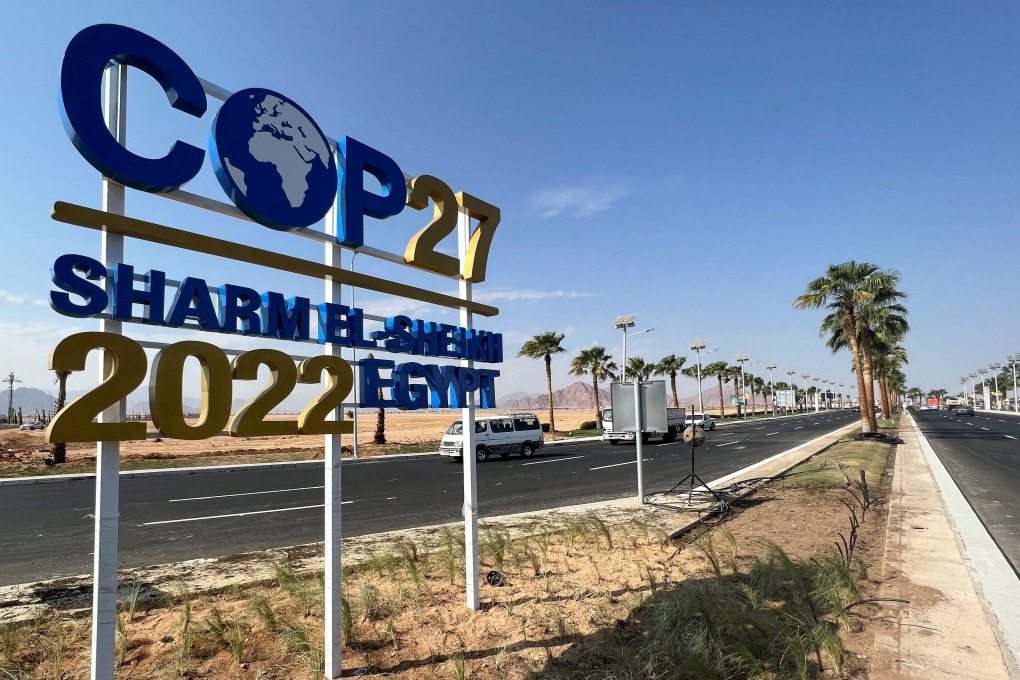Advertisement
Opinion | Why Xi and Biden hold the key to climate action at COP27
- The endless cycle of climate talks with no progress sadly looks set to continue at this month’s summit in Egypt
- The only hope of a better outcome lies with the US and China putting aside their rivalry to jointly support a more ambitious climate agenda
Reading Time:3 minutes
Why you can trust SCMP
1

The 1993 hit film Groundhog Day revolves around the lead character, played by Bill Murray, being caught in a time loop, repeatedly living the same day.
Climate change conference watchers will be forgiven for having the same feeling as the latest big annual summit starts in Egypt on Sunday. Despite landmark report after report highlighting the crisis point the world is at, game-changing progress in global negotiations is unlikely to be made at COP27 in Sharm el-Sheikh this month.
In recent days, for instance, the UN concluded in a hard-hitting report that there is now “no credible pathway” to keep the increase in global temperatures since the pre-industrial era below 1.5 degrees Celsius. That target, which was set at the Paris conference in 2015, is significant; many scientists say it is the threshold at which global warming will have the most dangerous impact on populations around the world.
Advertisement
The report adds that, since COP26 in Glasgow one year ago, moves by governments across the world to tackle climate change have been “woefully” inadequate. So today only a profound change in our economy and society will allow us to avoid worst-case scenarios.
While the difference between a 1.5 degree rise and something higher may seem inconsequential, the impact is huge. For instance, the UN forecasts that the portion of the global population subject to water stress could be 50 per cent lower with overall warming of 1.5 degrees, compared to 2 degrees. Meanwhile, a forecast 99 per cent of coral reefs could be lost at 2 degrees, compared to perhaps 70 per cent at 1.5 degrees.
Advertisement
While the world is currently on course for disastrous warming of potentially more than 3 degree Celsius, this pathway can still be changed through concerted global action, starting at Egypt. In so doing, we can move out of the “Groundhog Day” loop of climate summitry.
Advertisement
Select Voice
Select Speed
1.00x
